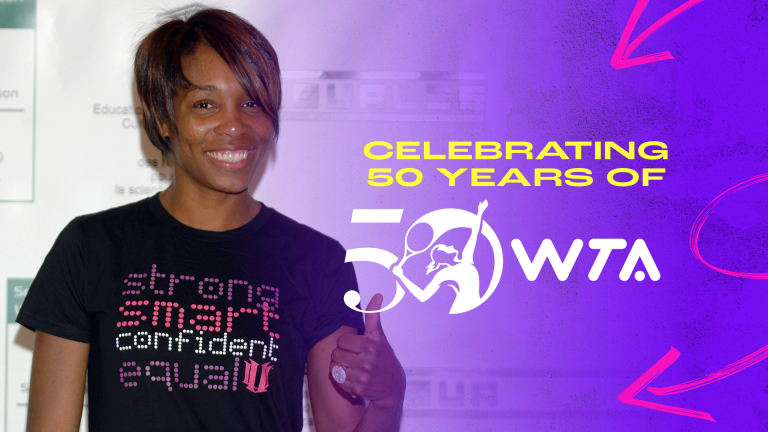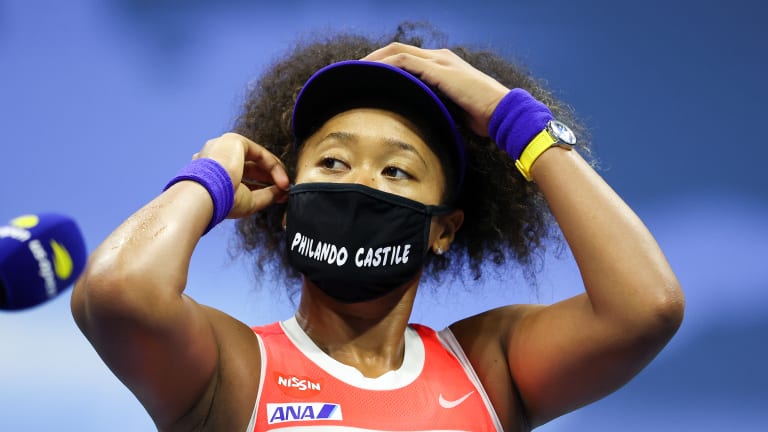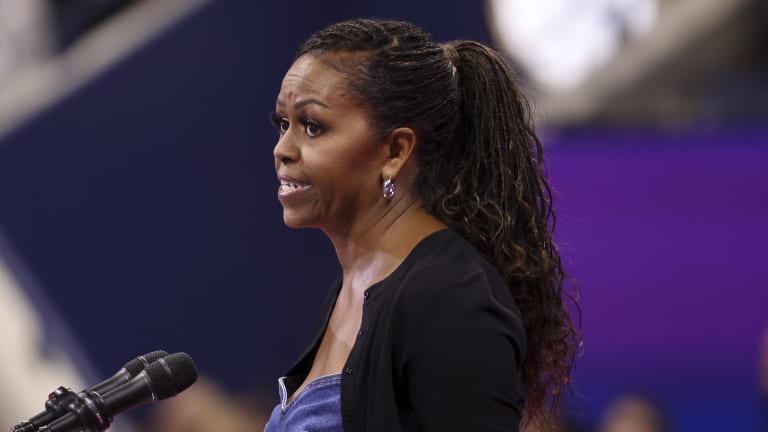Fifty Years of the WTA
A spirit of activism has always been a part of the WTA tour
By Dec 11, 2023Fifty Years of the WTA
As the 50th year of the WTA Tour comes to an end, a look ahead to its next fifty
By Dec 31, 2023Fifty Years of the WTA
Chapter 10: From Venus and Serena to Naomi and Maria, the WTA's crossover icons are on a first-name basis
By Nov 07, 2023Fifty Years of the WTA
Approaching 80, Billie Jean King is still globetrotting for investment in women’s sports
By Oct 12, 2023Fifty Years of the WTA
Serena vs. BJK, Evert vs. Barty, Graf vs. Sharapova: Across 50 years, imagine these match-ups between WTA greats
By Oct 06, 2023Fifty Years of the WTA
The Room Where It Happened: WTA Tour marks 50 years, backwards and forwards
By Aug 26, 2023Fifty Years of the WTA
Chapter 8: The WTA tour's global reach extends to nations and athletes everywhere
By Aug 25, 2023Fifty Years of the WTA
Chapter 7: 50 years after the WTA was created, its future is now—and never-ending
By Jul 15, 2023Fifty Years of the WTA
Chapter 6: Austin, Graf, Sharapova and Raducanu exemplify the WTA's capacity for teenage stars
By Jun 21, 2023Fifty Years of the WTA
Chapter 5: Venus and Serena Williams are perhaps the greatest story in the history of sports
By Jun 03, 2023Fifty Years of the WTA
A spirit of activism has always been a part of the WTA tour
Tennis Channel's year-long celebration of the WTA Tour's 50th anniversary, brought to you by Intuit Quickbooks, continues with our penultimate chapter.
Published Dec 11, 2023
Advertising

"If you're in the business of change, you have to be prepared to play the long game," wrote Venus Williams, whose presence helped push Wimbledon to award equal prize money to women and men—just 16 years ago.
Advertising
Advertising

Naomi Osaka used her platform at the 2020 US Open—a tournament she won—to call attention to social justice issues.
© Getty Images
Advertising

Former First Lady Michelle Obama spoke at the 2023 US Open, a tournament which 50 years ago became the first major to award men and women equal prize money.
© GC Images